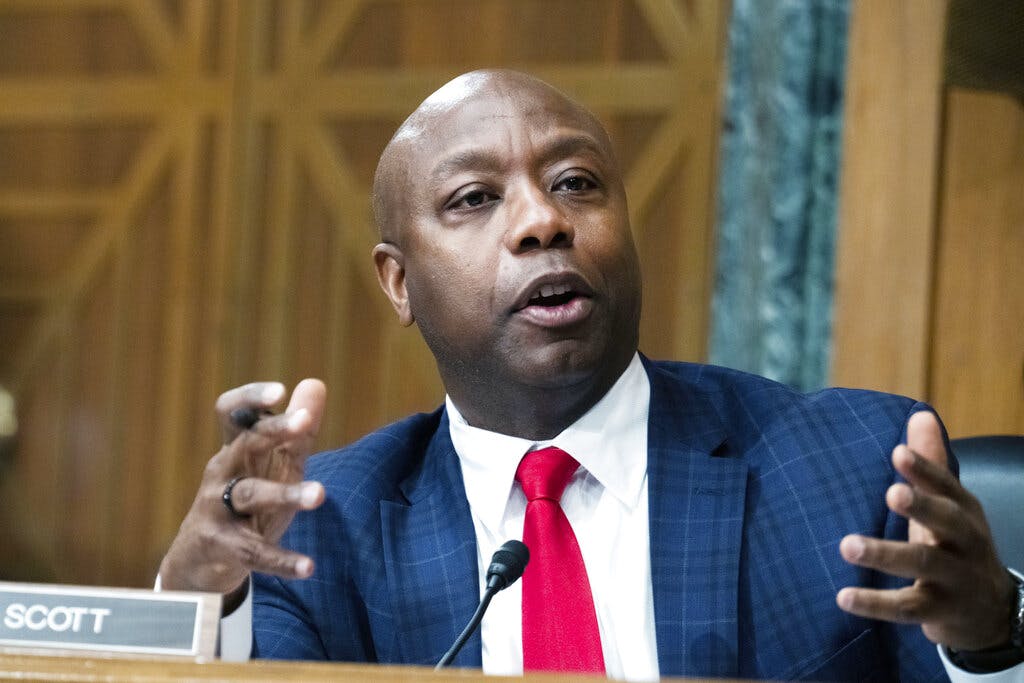
Could the Supreme Court’s Tariff Decision Be Applied to the Fed?
By THE NEW YORK SUN
|With President Trump’s 2024 bid up in the air, potential Republican nominees are jostling for position — and there are some good ones.

Already have a subscription? Sign in to continue reading

By THE NEW YORK SUN
|
By GEORGE WILLIS
|
By CARL ROLLYSON
|$0.01/day for 60 days
Cancel anytime
By continuing you agree to our Privacy Policy and Terms of Service.